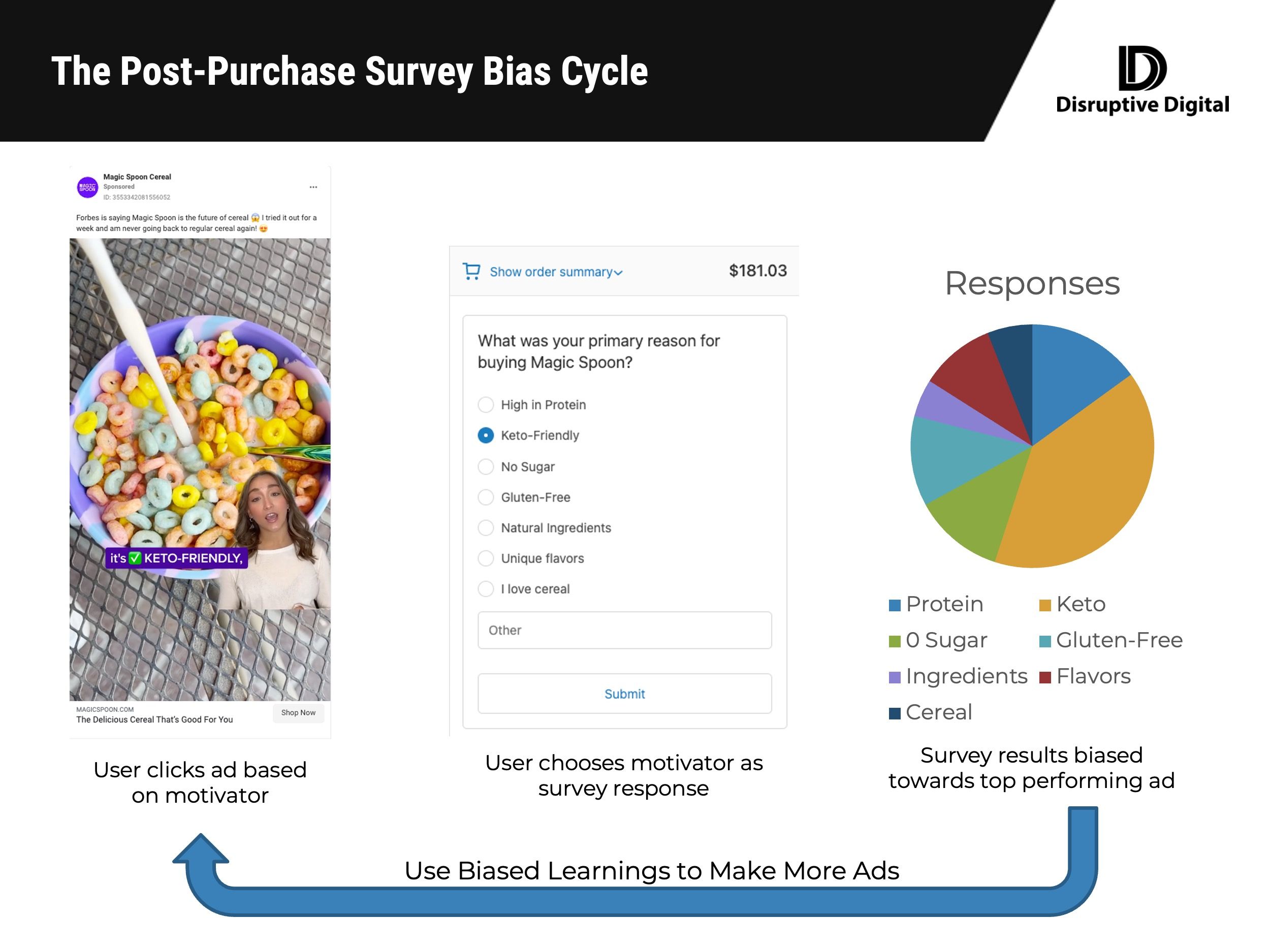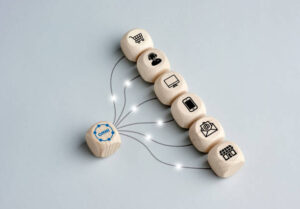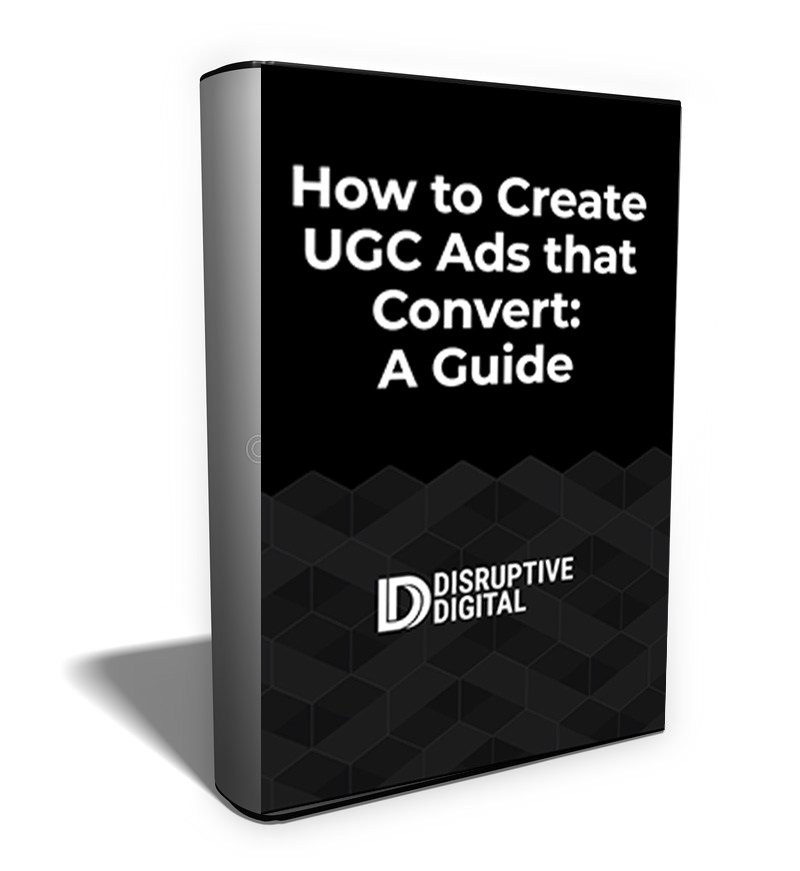Here are 5 ways to reduce confirmation bias:
1) Instead of radio buttons, implement a “check-all that apply” style question and look at waterfall of responses.
2) Consider asking users to rank different benefit instead of asking for one.
3) Ask roundabout questions to understand a consumers behavior. In the example here, that could mean asking “What type of diet do you keep?”
4) Run surveys by email to get broader insights from customers that will be less impacted by ad experiences.
5) Conduct more qualitative interviews with consumers to dig a bit deeper and unlock insights a survey alone likely can’t help with.
Without taking these steps into consideration to reduce confirmation bias, you may end up in a cycle of continuing to reach the same users vs growing your brand with new customer types in your target audience.








